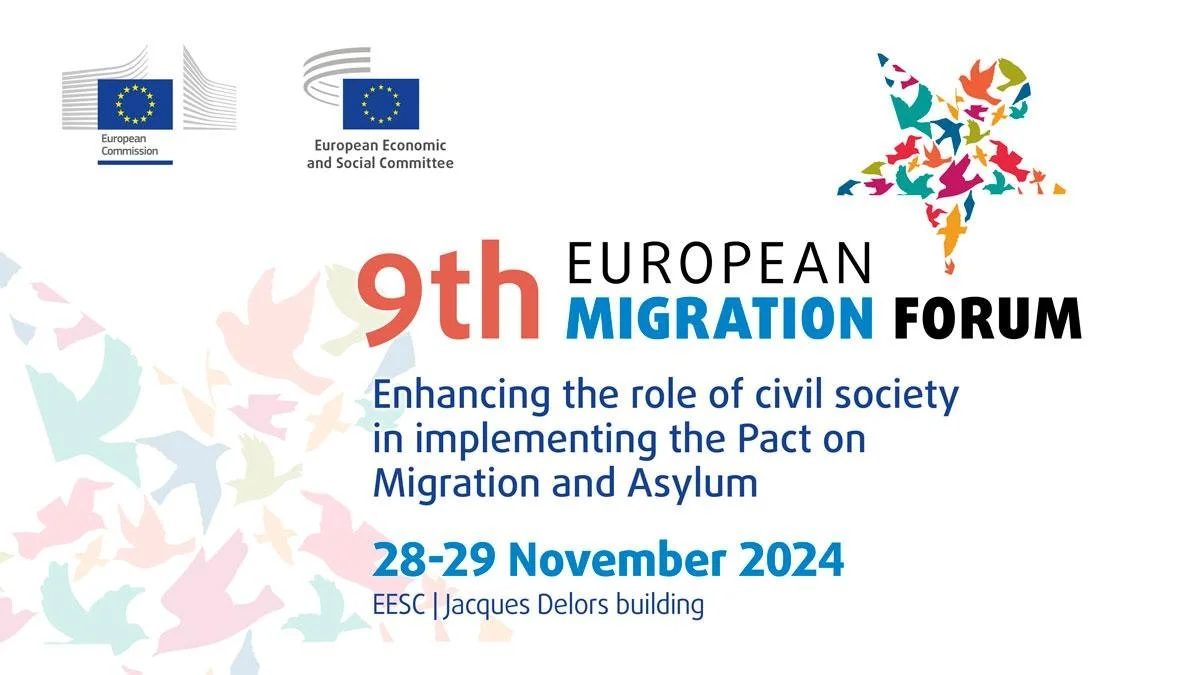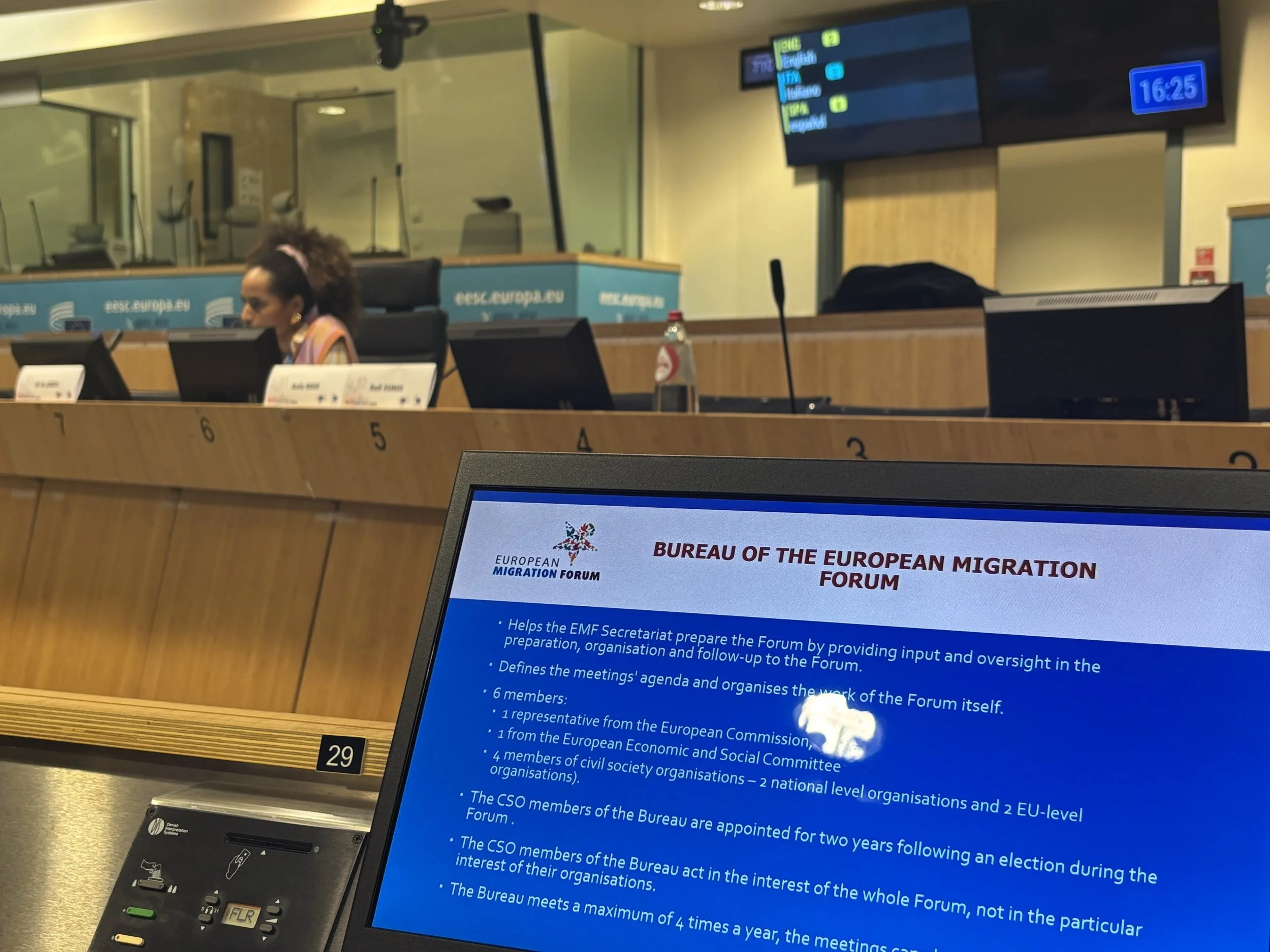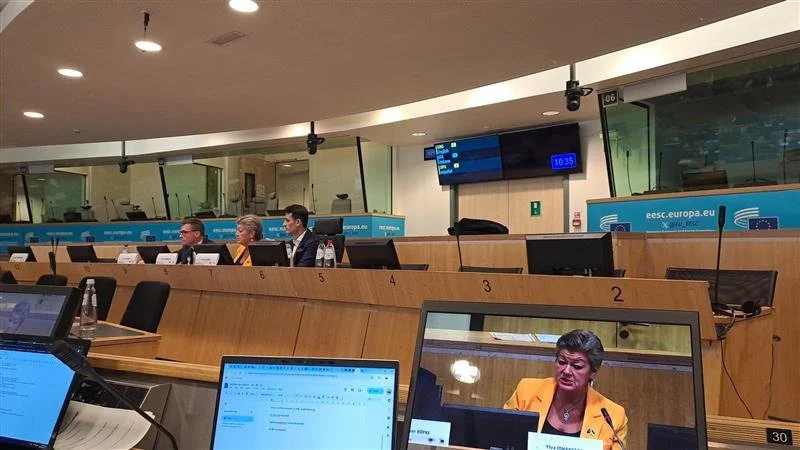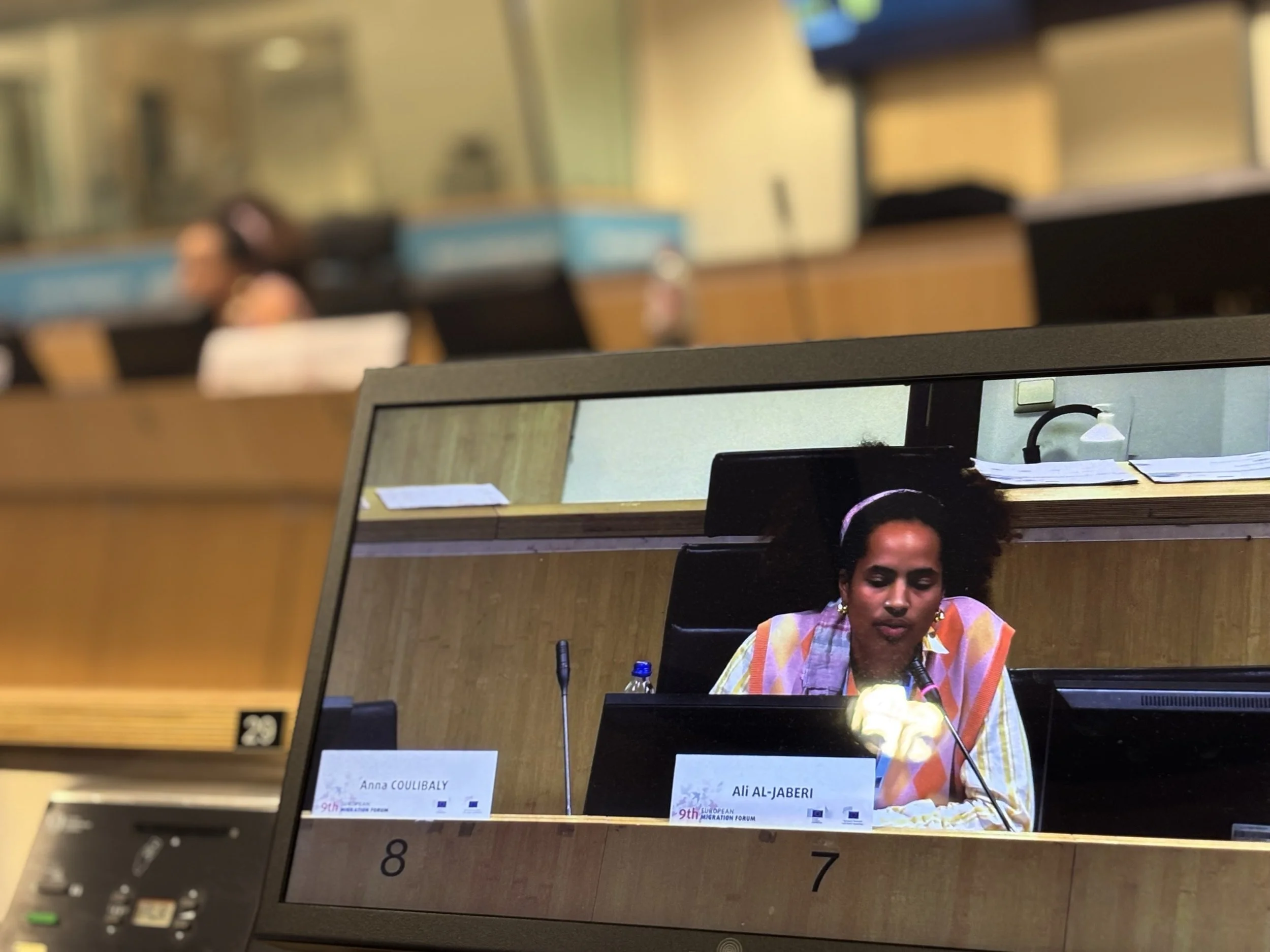European Migration Forum 2024: Amplifying Civil Society’s Voice in Migration Policy
30 November 2024
The 9th European Migration Forum (EMF) 2024 once again served as a critical platform for dialogue on migration and asylum in the EU. This year's theme centered on the implementation of the European Migration Pact, sparking robust discussions on civil society's role in shaping and executing migration policies.
Anna Coulibaly, a member of the EMF Bureau and part of ICMC Europe/Share Network, shared her insights from the event in an exclusive interview. "This year’s EMF was a valuable opportunity for civil society to meet, exchange ideas, and engage directly with EU institutions," she explained. However, Anna acknowledged that the implementation of the Pact remains a complex challenge. "Many questions were directed at the European Commission, particularly around infringement proceedings for Member States not adhering to agreed-upon standards," she said.
Challenges of Engagement
One recurring concern voiced at the forum was the gap between the EMF's discussions and tangible policy outcomes. "Policy officers hear our feedback, but there’s no structured follow-up to ensure our input shapes future policies," Anna noted. Civil society groups expressed the need for the EMF to move beyond dialogue and become a mechanism for action.
Anna also highlighted the frustration felt by many organizations about being asked to support a Pact they initially opposed. "It’s difficult to navigate when civil society is called upon to facilitate implementation without addressing the systemic reluctance of some Member States to fully engage," she said.
Progress and Representation
Despite these challenges, the forum has made strides in fostering inclusivity. Anna praised the growing diversity among participants, particularly the increasing presence of migrant-led and refugee-led organizations. "This is my third EMF, and I’ve seen a significant increase in grassroots representation. It’s a step in the right direction, but outreach to smaller organizations could still be improved," she observed.
The presence of Commissioner Ylva Johansson, likely in her last official capacity as head of DG Home, was another highlight. "Her willingness to engage directly with civil society demonstrated a level of accountability," Anna remarked.
Recommendations for the Future
Civil society participants, including Anna, suggested concrete steps to enhance the EMF’s impact. Key proposals included creating a document summarizing civil society's recommendations and disseminating it widely through EU communication channels and within Member States. "This would ensure that discussions at the forum don’t just stay there but lead to real-world implications," she emphasized.
On the issue of reception conditions, a working group Anna moderated highlighted the need for better collaboration between civil society and Member States. "Civil society is eager to play a role, but often lacks access to refugee camps and detention centers, which hinders our ability to support migrants effectively," she said.
The Road Ahead
Despite the complexities, Anna stressed the importance of staying engaged. "It’s better to be part of the system to advocate for change from within. Even small wins can make a huge difference for the people we’re trying to support," she concluded.
At Share Network, we echo Anna’s sentiment: the EMF must continue to evolve as a platform for action, ensuring civil society's voice is not just heard but acted upon.





